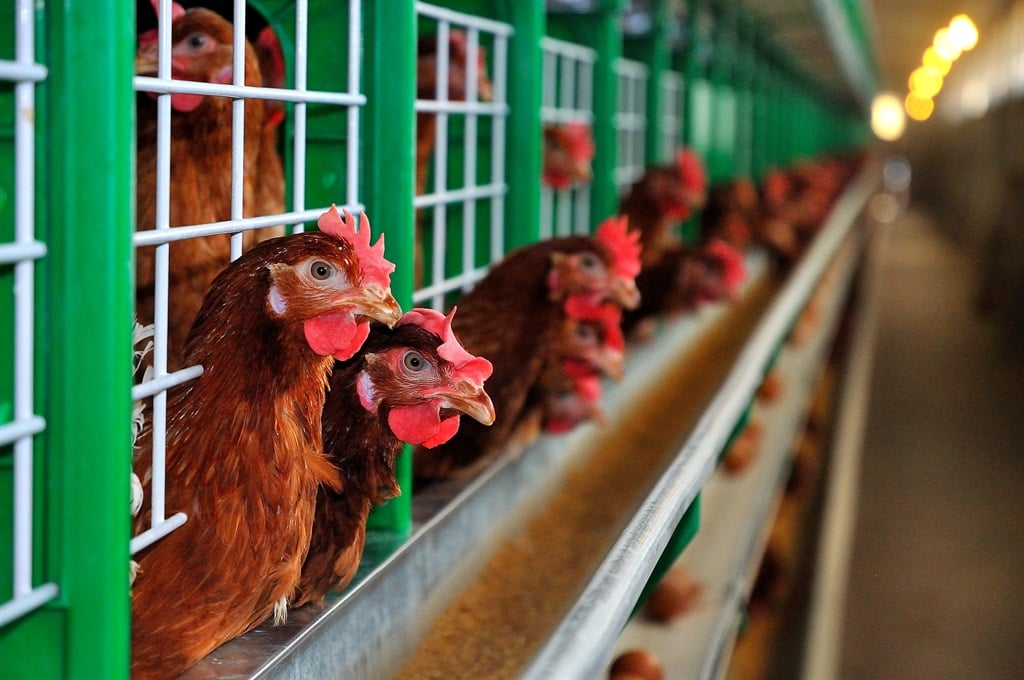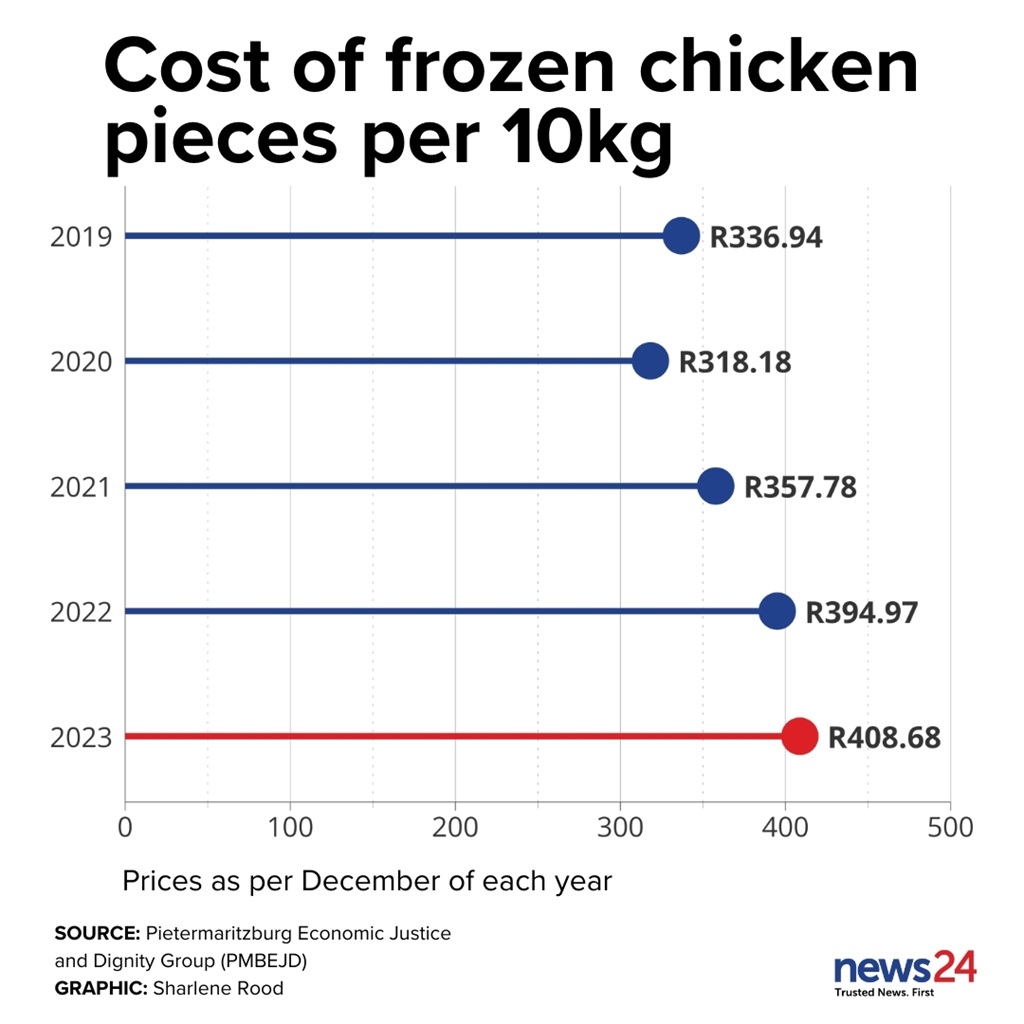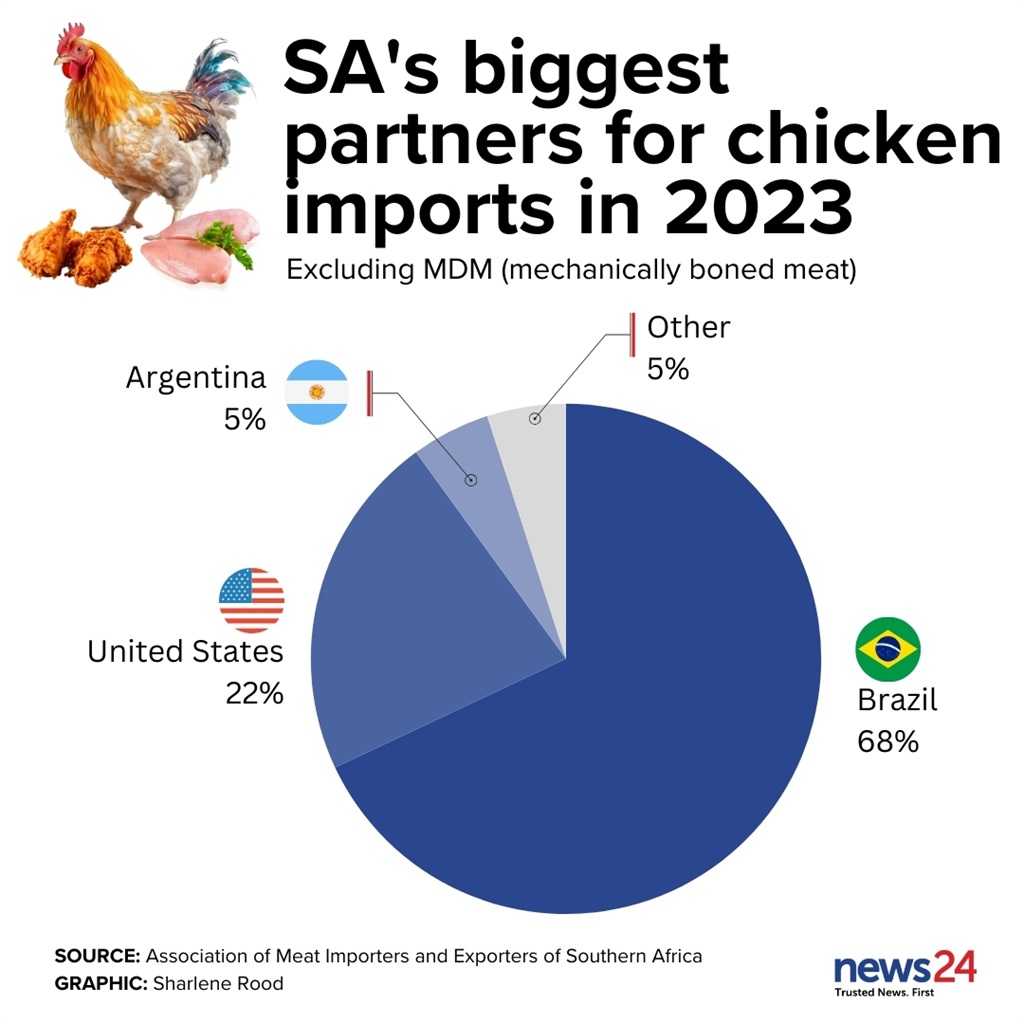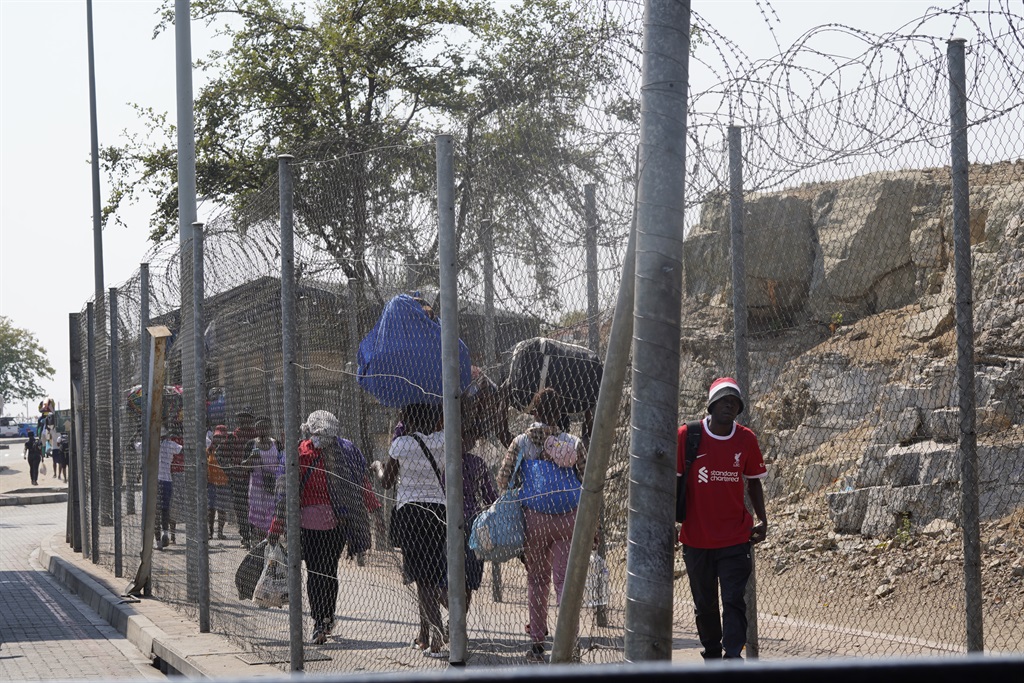
Apart from Rainbow Chicken, RCL Foods owns brands Yum Yum peanut butter and Selati sugar.
- Government has sharply lowered taxes on imported chicken with temporary rebates.
- This is in response to a devastating local outbreak of bird flu, with millions of chickens slaughtered.
- But problems at SA’s ports could prevent cheaper chicken to reach consumers.
- For more financial news, go to the News24 Business front page.
Government has lowered import tax on chicken as bird flu ravages SA’s poultry farms – but problems at local ports may prevent cheaper chicken from reaching consumers.
On Tuesday, state institution the International Trade Administration Commission (ITAC) announced it would implement a 25% rebate for bone-in and a 30% rebate for boneless chicken pieces. Chicken carcasses and offal will also be given a full rebate. In effect, this means that import duty on boneless cuts will decrease from 42% to 12%, while for bone-in products, it will fall from 62% to 37%.
The commission said the measures would be implemented temporarily to increase imports and assist with chicken shortages after the devastating outbreak of highly pathogenic avian influenza (HPAI) or bird flu last year.
READ | IMF slashes SA’s growth outlook due to ‘increasing’ Transnet woes
In a statement on Tuesday, the ITAC said the rebates had been implemented after an investigation had found that the country would experience a shortage of 172 000 tonnes of poultry products this year as a result of bird flu. According to the commission, the balance could be addressed with imports.
The new duty levied on poultry product imports
According to ITAC, poultry products including carcasses, boneless cuts, offal and bone-in will be given rebates.
According to its statement:
- Duty for carcasses will decrease from 31% to 0%.
- Duty for boneless cuts will decrease from 42% to 12%.
- Duty for offal will decrease from 30% to 0%.
- Duty for bone-in products will decrease from 62% to 37%.
Speaking to News24, chief executive of the Association of Meat Importers and Exporters (AMIE), Paul Matthews, welcomed the commission’s decision and said it would ease pressure on poor households who have begun to avoid chicken as a protein source due to high prices.
According to the Pietermaritzburg Economic Justice and Dignity, the price of 10kg frozen chicken had risen from R336.94 to R408.68 in four years (between December 2019 and December 2023).
But the South African Poultry Association (SAPA) said the rebate would worsen the ongoing struggles in the local poultry industry as it attempts to recover from the bird flu outbreak.
According to Izaak Breitenbach, general manager of SAPA’s broiler division, there was no reason for implementing the rebate.
READ | Bird flu: Poultry industry warns that possible temporary import rebates could destroy it
He said despite bird flu, there have been no shortages between September and December last year.
“We don’t expect any meat shortages for time to come. We replaced the fertile latching eggs we lost and imported 150 million eggs to alleviate the problem of meat shortages in the run-up to the festive season. We do not see any reason why the rebate was instituted,” he said.
According to Breitenbach, chicken meat prices will not be directly impacted by the bird flu, despite the culling of 9.5 million chickens during the outbreak. He said the recovery for local farmers from the bird flu outbreak could take up to six months.
“We do have normal demand and supply here. Last year was a devastating year for us. We had very high raw material prices we could not pass on to the consumer and the impact of load shedding. We asked the government for support, but the rebates will only exacerbate situations experienced last year. We will see this year that no company would make any financial profits with this additional burden of the rebates,” he said.
The problem with chicken imports
There has been a 27% drop in bone-in chicken imports over the past year, which was due to high import duties, but also because logistical issues at ports could threaten imports, with cargo potentially taking six to eight months to reach the country, said Matthews.
Local ports are severely congested. Last year, Richards Bay Coal Terminal – SA’s largest coal export terminal – saw its lowest exports since 1992 due to rail woes. Meanwhile, the deciduous fruit export season is off to a disastrous start, as the Cape Town port struggles with congestion due to equipment breakdown and declining productivity. Some fruit exports are 60% lower than a year before.
Logistics and operations director at frozen food trader Hume International Roy Thomas said that logistical issues and load shedding could be be a “disaster for cash-strapped consumers” despite the potential of a decrease in price for poultry products.
“Many food importers are grappling with ongoing delays and backlogs at ports, and expect this to continue well into the first quarter of the year.
“This has a very real and direct impact on the industry’s ability to deliver products in a timely and cost-effective manner,” said Thomas.








Recent Comments